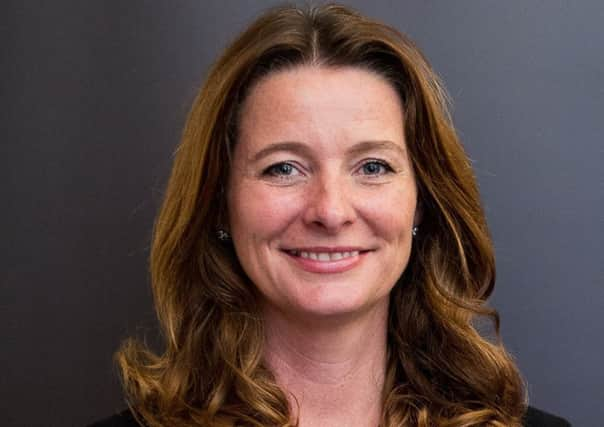The campaign against cancer is a battle worth fighting


A big part of that is down to the advance in radiotherapy as it is used in half of all treatment programmes and the number is growing.
Currently, people in Chichester are heading to Brighton, Portsmouth or Guildford as there is not a single Linac machine in the whole of West Sussex. This means people are travelling on long journeys every day when they are feeling at their worst.
Advertisement
Hide AdAdvertisement
Hide AdTo highlight this, I co-founded a cross-party group called the All Party Parliamentary Group (APPG) for radiotherapy and we are working to ensure we end the current postcode lottery right across the country. However, my focus is on trying to get radiotherapy machines located at St Richard’s in Chichester. This is not a simple or easy project and I have been working for over a year with Marianne Griffiths the CEO of the hospital and NHS England to secure investment. Recently I have had several meetings to see if I can get us a step closer.
Several MPs from the APPG and I recently met with the chairman of NHS England, Lord Prior, to make our case and explain why we need these services locally. He was very receptive and listened to our request, so I hope he will be in our corner. I also met with the Medical Director for NHS South who explained the current barriers to getting a satellite cancer treatment centre based in Chichester. There are several, but money and collaborative working across the NHS cancer treatment centres seem to be the key issues.
Even though there is still a mountain to climb, I think this campaign is worth the effort. At an APPG meeting we heard about the latest technology being developed to improve cancer outcomes and earlier this year we visited the only site in England where these machines are made, ironically in Crawley, in West Sussex. It was encouraging to see how accurate these new machines are, reducing the amount of treatment required to a handful of sessions and pinpointing the smallest tumours so as not to damage healthy cells.
Radiotherapy is needed more and more and will continue to be until we find a cure for cancer. I will continue to campaign to get these state of the art machines in Chichester, and with any luck sometime soon we may get there.